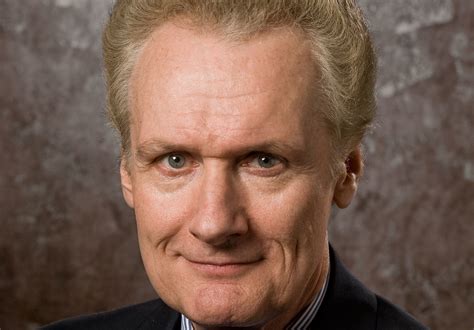A Quote by William Lane Craig
Scepticism, ironically, draws its life's blood from claims to have a good deal of knowledge. For example, your friends claim to know, 'Since every possible option has not been explored, nothing can be said for certain.' That statement is itself a claim to knowledge!
Related Quotes
I found myself desiring and knowing less and less, until I could say in utter astonishment: "I know nothing, I want nothing." Earlier I was sure of so many things, now I am sure of nothing. But I feel I have lost nothing by not knowing, because all my knowledge was false. My not knowing was in itself knowledge of the fact that all my knowledge is ignorance, that "I do not know" is the only true statement the mind can make....I do not claim to know what you do not. In fact, I know much less than you do.
There is an appearance of humility in the protestation that the truth is much greater than any one of us can grasp, but if this is used to invalidate all claims to discern the truth it is in fact an arrogant claim to a kind of knowledge which is superior to [all others]...We have to ask: 'What is the [absolute] vantage ground from which you claim to be able to relativize all the absolute claims these different scriptures make?
No matter how vast your knowledge or how modest, it is your own mind that has to acquire it. It is only with your own knowledge that you can deal. It is only your own knowledge that you can claim to possess or ask others to consider. Your mind is your only judge of truth - and if others dissent from your verdict, reality is the court of final appeal. Nothing but a man's mind can perform that complex, delicate, crucial process of identification which is thinking. Nothing can direct the process but his own judgment. Nothing can direct his judgment but his moral integrity.
Although humans have existed on this planet for perhaps 2 million years, the rapid climb to modern civilization within the last 200 years was possible due to the fact that the growth of scientific knowledge is exponential; that is, its rate of expansion is proportional to how much is already known. The more we know, the faster we can know more. For example, we have amassed more knowledge since World War II than all the knowledge amassed in our 2-million-year evolution on this planet. In fact, the amount of knowledge that our scientists gain doubles approximately every 10 to 20 years.
To claim that science and religion pose different questions to the world is not to suggest that if the bones of Jesus were discovered in Palestine, the pope should get himself down to the dole queue as fast as possible. It is rather to claim that while faith, rather like love, must involve factual knowledge, it is not reducible to it.
All those formal systems, in mathematics and physics and the philosophy of science, which claim to give foundations for certain truth are surely mistaken. I am tempted to say that we do not look for truth, but for knowledge. But I dislike this form of words, for two reasons. First of all, we do look for truth, however we define it, it is what we find that is knowledge. And second, what we fail to find is not truth, but certainty; the nature of truth is exactly the knowledge that we do find.
The claim is also sometimes made that science is as arbitrary or irrational as all other claims to knowledge, or that reason itself is an illusion. As Ethan Allen said Those who invalidate reason ought seriously to consider whether they argue against reason with or without reason; if with reason, then they establish the principle that they are labouring to dethrone. If they argue without reason, which they must do, in order to be consistent with themselves, they are out of reach of rational conviction, nor do they deserve a rational argument.
When speaking of a "body of knowledge" or of "the results of research," e.g., we tacitly assign the same cognitive status to inherited knowledge and to independently acquired knowledge. To counteract this tendency a special effort is required to transform inherited knowledge into genuine knowledge by revitalizing its original discovery, and to discriminate between the genuine and the spurious elements of what claims to be inherited knowledge.
If I ask you who is the most famous scientist who ever lived, or the greatest scientist who ever lived you'll say either Einstein or Newton or something like that because their claims were supposed to apply universally. But the claim of somebody who is studying a particular feature of the evolutionary process like whether it's very fast or very slow, or occurs in steps and so on, that's not a universal claim, that's a rather specialised claim and so you can't claim to great fame and great success.
In a very real sense my science does inform my knowledge of God. If you would allow me to say that we never know God, because if I claim that I know God, I know something other than God, because God is not knowable, he is unknowable. So we have to approach it in that sense first, that my knowledge of God is always limited.









































